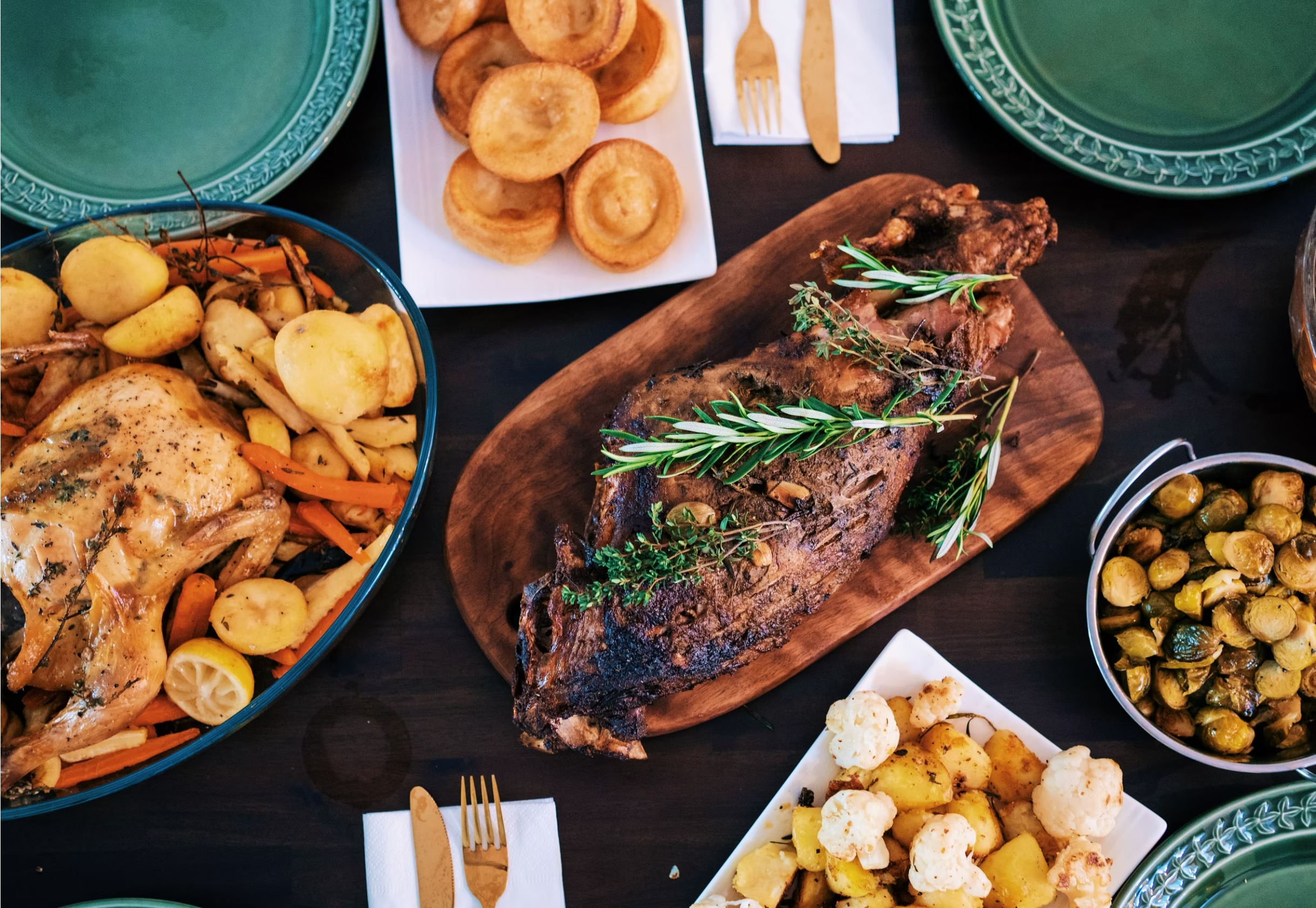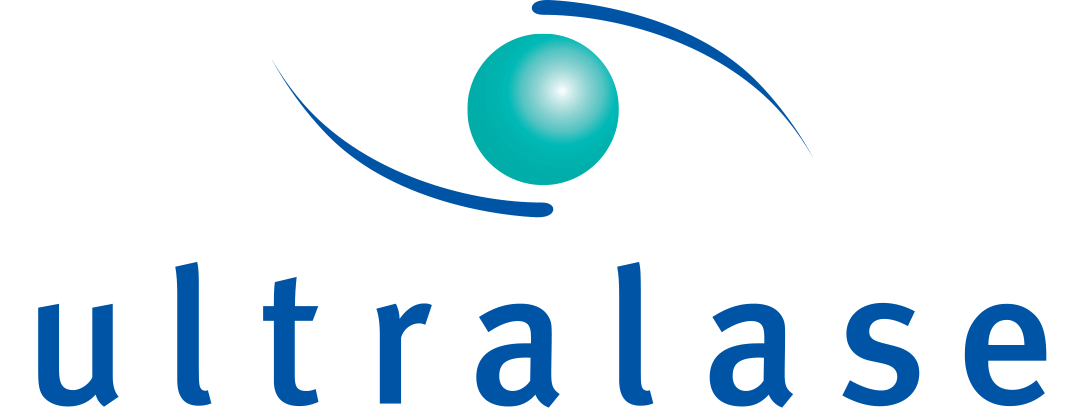Which Christmas foods are beneficial for your eyes?
02 December 2021

‘Tis the season for good festive food!
It’s officially December, and we all know what that means… it’s almost Christmas time! The festive decorations are everywhere, Mariah Carey is unavoidable, and we’re all getting into the Christmas spirit. Christmas is a time to spread festive cheer, relax with our loved ones, and also indulge in some delicious food! You may not associate classic Christmas cuisine with healthy eating, but many festive ingredients are bursting with nutrients that are beneficial for your eyes. If like us you cannot wait to dig into your yummy Christmas dinner, be sure to include some of these foods that are known to benefit your vision and eye health.
Turkey
Turkeys are known for being the staple piece of every Christmas dinner, and luckily, they’re great for your eyes too! Turkey is one of the healthiest meats you can eat as it’s very high in zinc. Zinc is needed for the body to be able to use vitamin A properly – a vitamin that is essential for good vision. It also leads to the creation of the pigment called melanin, which helps to protect your eyes from any UV damage. Having a zinc deficiency can also have other negative effects on your eyesight. A zinc deficiency can make it more difficult to see at night, which can be a symptom of night blindness. It can also increase your chances of developing an eye infection, as zinc not only supports your eye health but also your immune system. Therefore, eating foods that are high in zinc (such as turkey) can help to keep your eyes healthy and functioning well.
Salmon
Salmon is a great eye-friendly alternative to turkey for those who wish to have a less traditional Christmas dinner this year. Salmon is high in omega-3 fatty acids, which can help to reduce your risk of developing AMD (age-related macular degeneration). AMD is an eye disease that can impair your central vision, potentially resulting in blindness if it is left untreated. Omega-3 is also known to increase tear production and reduce inflammation in the eyes, which can help to lower your risk of dry eye syndrome or help with its symptoms.
Salmon is also rich in vitamin B, including niacin – studies have found that niacin could play a role in the prevention of glaucoma. Glaucoma is an eye condition where the optic nerve of your eye becomes damaged, usually caused by a build-up of fluid that increases pressure inside the eye. This can lead to vision loss if the condition is not diagnosed or treated early. So, if you needed any more reasons to try salmon this Christmas, you can be sure that you’re getting lots of nutrients for your eye health as well as a delicious flavour!
Brussels sprouts
Brussels sprouts may not be everyone’s favourite vegetable, but they are very nutritious for your entire body and are often eaten with our Christmas dinners each year. Just like salmon, Brussels sprouts are also brilliant at fighting off age-related macular degeneration. Another added benefit to eating Brussels sprouts is that they are full of antioxidants, such as vitamin C, as well as lutein and zeaxanthin. These three nutrients are beneficial for easing inflammation and preventing dry eye symptoms. They can also offer protection against UV and blue light damage, and help to prevent digital eye strain. To protect your eyes as best as possible, don’t forget to give your eyes regular breaks from screens this Christmas! Whether you’re re-watching classic Christmas films or catching up with your loved ones on the phone, be sure to follow the 20-20-20 rule to keep your eyes healthy.
Even if you’re not too keen on having Brussels sprouts with your Christmas dinner this year, we still believe they’d make a wonderful addition to your meal due to their eye health benefits! Adding Brussels sprouts as a side dish to your meal can add some nutrition to an otherwise not-so-healthy holiday season.
And there you have it! Here are our top three food suggestions for your Christmas dinner this year that are not only incredibly delicious, but also contain added benefits for your eye health and vision. By complementing your festive meals with these foods, you can rest assured that your eyes are being well nourished while you continue the Christmas celebrations!
Back to Blog
